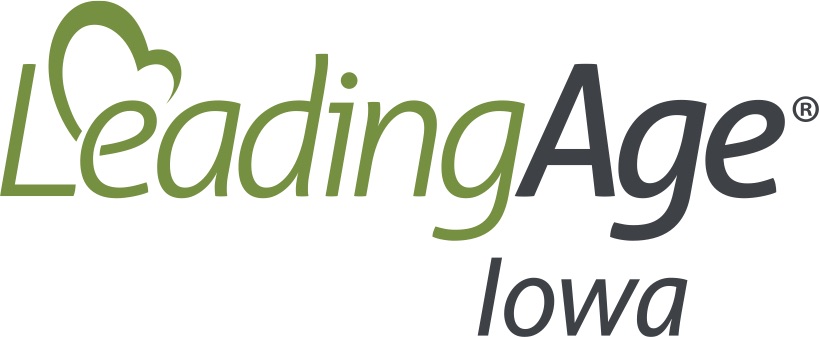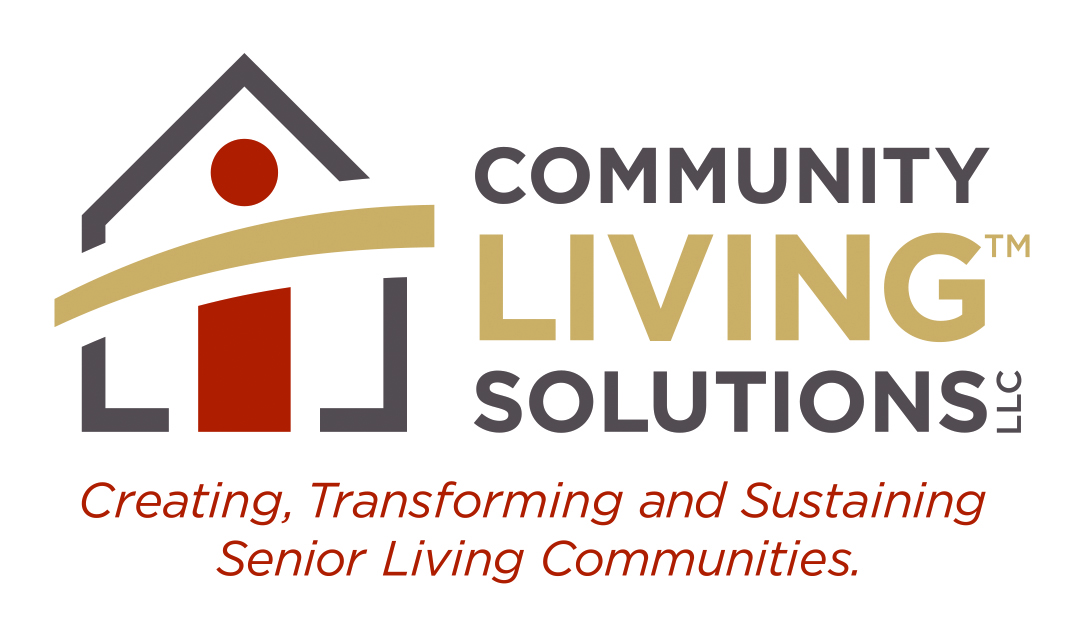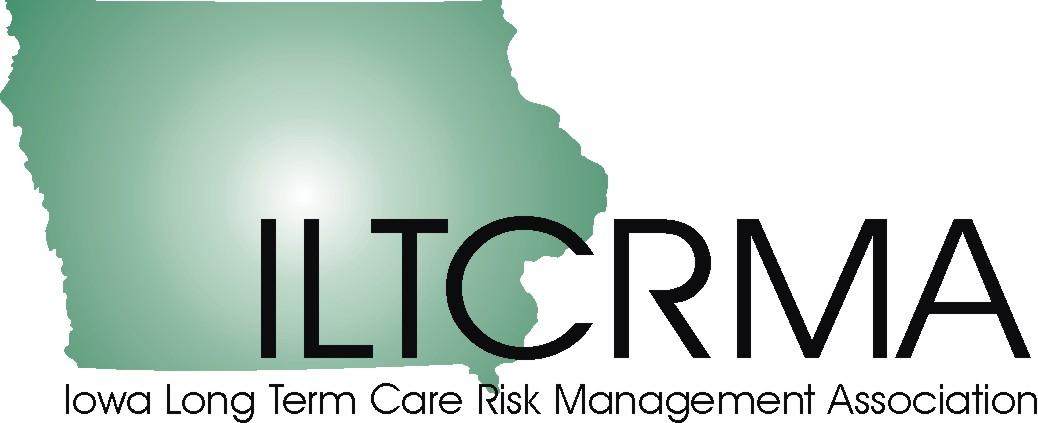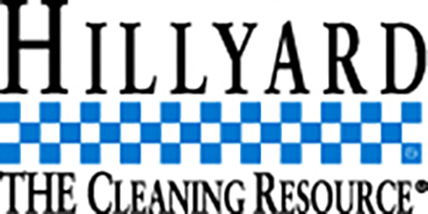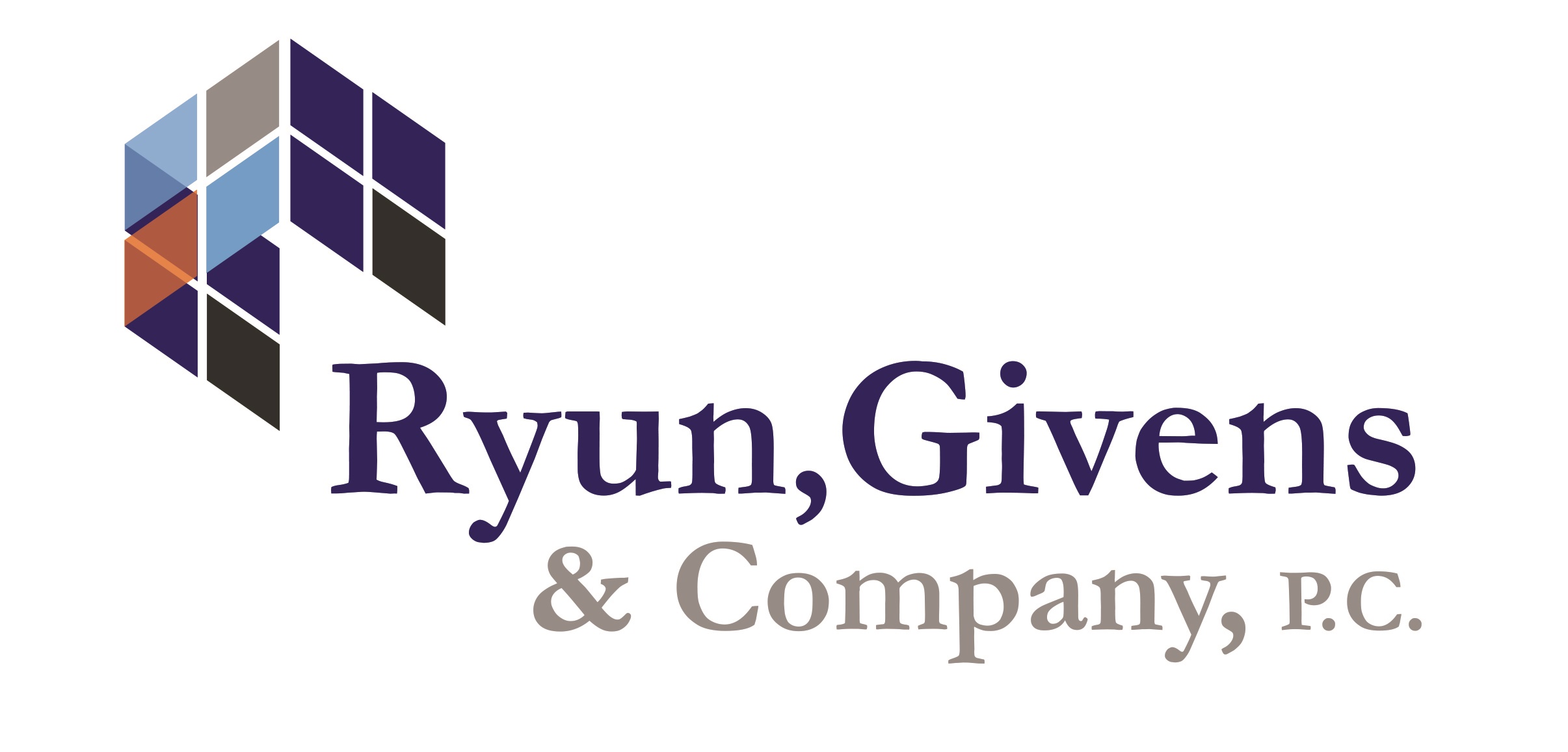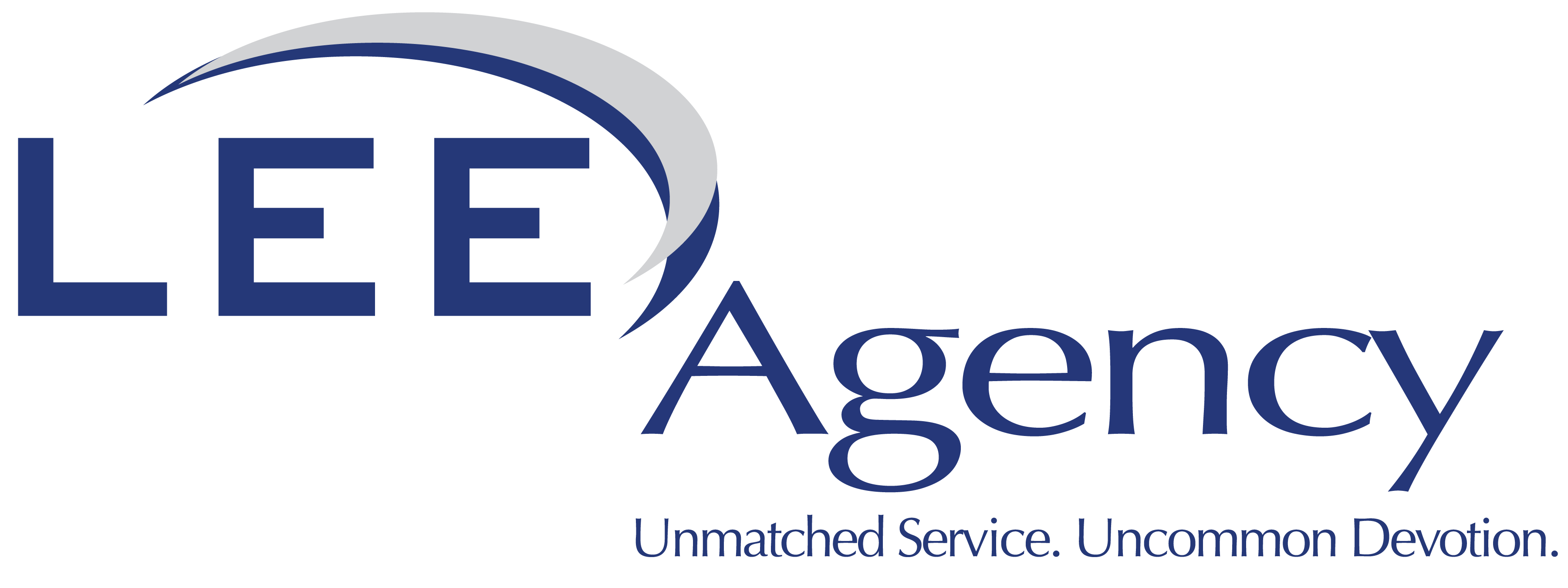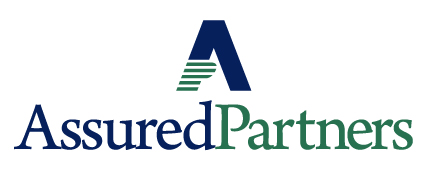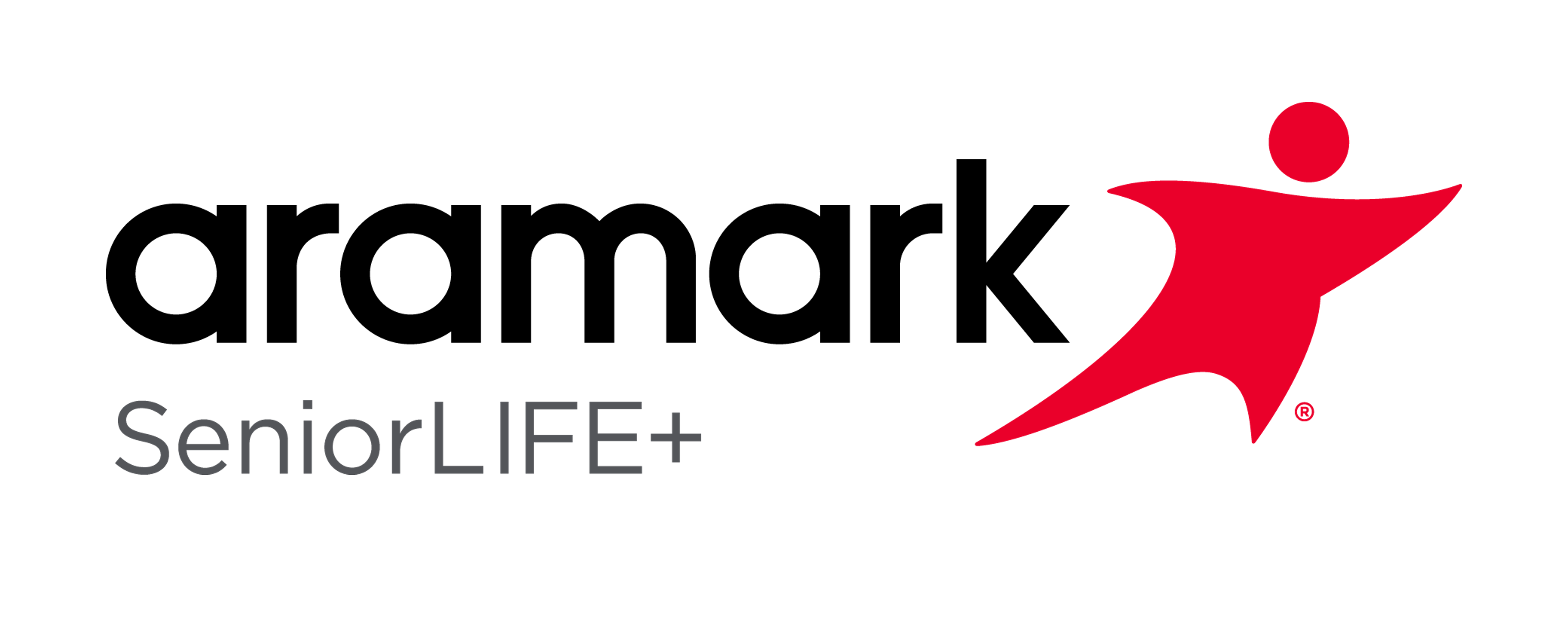Iowa Board of Nursing Releases Revised Scope of Practice Rules
The Iowa Board of Nursing (IBON) released revised scope of practice rules that are effective Mar. 31, 2021. LAI developed a document that shows previous scope of practice rules in comparison to the revisions that were completed. LAI is encouraging all licensed nurses to review the document in its entirety and for leadership to educate and assure that all licensed nurses understand the revisions to the scope of practice.
In a newsletter, IBON “strongly encourages all licensees to review the new Chapter 6 in its entirety to ensure compliance and that they recognize that changes will require a period of transition and education, they are committed to working with all parties to assure that the new rules are followed and met.” IBON encourages people with questions to contact Jimmy Reyes, Associate Director of Practice and Education. Note the IBON newsletter has not posted to the Iowa Board of Nursing Website at this time but can be found at this link once posted.
Key changes in the revised nursing scope of practice rules include:
- Increased emphasis on accountability and professionalism for both RNs and LPNs including:
- Demonstrating honesty and integrity
- Basing nursing decisions on nursing knowledge, judgment, skills, the needs of patients and evidence-based practices.
- Maintaining competence
- Assuming responsibility for the nurse’s own decisions and actions.
- Expanded utilization of the nursing process including:
- Applying nursing knowledge based on the biological, psychological, and sociocultural aspects of the patient’s condition.
- Detecting inaccurate or missing patient information.
- Receiving a physician’s, ARNP’s or other health care provider’s orders and seeking clarification of orders when needed.
- Obtaining education and ensuring competence when encountering new equipment, technology, medication, procedures, or other unfamiliar care situations.
- Implementation and monitoring of response to treatment and therapy and seeking out alternative interventions if the treatment or therapy is not therapeutic.
- Identifying changes in the patient’s health status by monitoring pertinent signs and symptoms and comprehending what those clinical changes mean and the implication of those clinical changes.
- Documentation.
- Communicating with other health team members on the patient’s status.
- Providing a safe environment.
- Providing comprehensive education to the patient and others.
- Emphasized role as patient’s advocate regarding:
- Respecting the rights of the patient including confidentiality, dignity, decisions, and concerns expressed by the patient.
- Identifying their needs.
- Attending to their concerns or requests.
- Maintaining appropriate professional boundaries.
- Promoting a safe environment.
- Expanded nurse delegation guidelines including:
- Assuring qualifications and competencies to delegating individuals.
- Maintaining accountability for delegated tasks.
- Supervision and follow up to assure that delegated tasks are completed, and they are completed accurately.
- Intervening when problems are identified.
- Promoting safe and therapeutic environment during delegation process.
|
